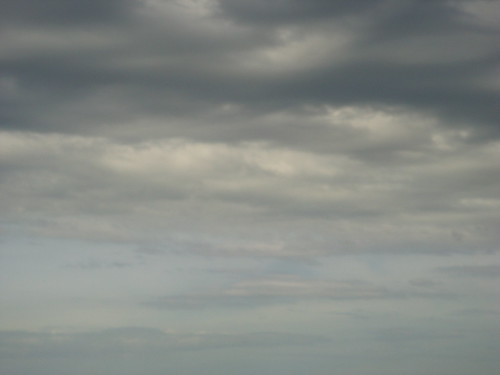Teaching a class about the relentlessness of prejudice takes a toll on the soul. Week in and week out, my students and I tackle the thorny, implacable issue of anti-Semitism and the variety of pernicious ways in which it took hold of the public imagination, an exercise that leaves all of us a little worse for wear.

I say “took hold” rather than “takes hold” because most of the time we find ourselves in some faraway land and in some far-off time. So distant are we from, say, Trent in 1475 or Paris in 1898, that we can easily dismiss allegations of ritual murder and treason respectively as expressions of outmoded beliefs.
They dismay us, that’s for sure, dampening our eagerness to think well of people. They leave us scratching our heads, too, at the processes by which anxiety about change all too often translates into hatred of others. But, for the most part, we can put this stuff behind us.
Until now. As the semester progresses and we move increasingly into territory that isn’t quite so removed from us in time, it’s becoming harder and harder to hold anti-Semitism at arm’s length.
Last week, Gal Beckerman, the author of the prize-winning book, When They Come for Us, We’ll Be Gone, visited our class. He spoke eloquently and movingly about the show trials of the so-called ‘refuseniks’ of the 1970s and 1980s and had us collectively interpret a number of documents from the Politburo that made clear just how deeply entrenched the government’s animus against the Jews was.
Mr. Beckerman’s presentation hit home, especially since some of my students either had parents who had been active in the Soviet Jewry movement or, more dramatically still, had themselves experienced Soviet oppression.
What had once been reserved for History suddenly assumed a new identity and with it a new, and more charged, resonance.
And if that wasn’t enough to set nerves on edge, last week’s horrific events in Toulouse underscored the extent to which prejudice remains as potent a force in 2012 as it had centuries before.
Studying anti-Semitism has never been a mere academic exercise and – much as it pains me to write this – it probably will never be.

